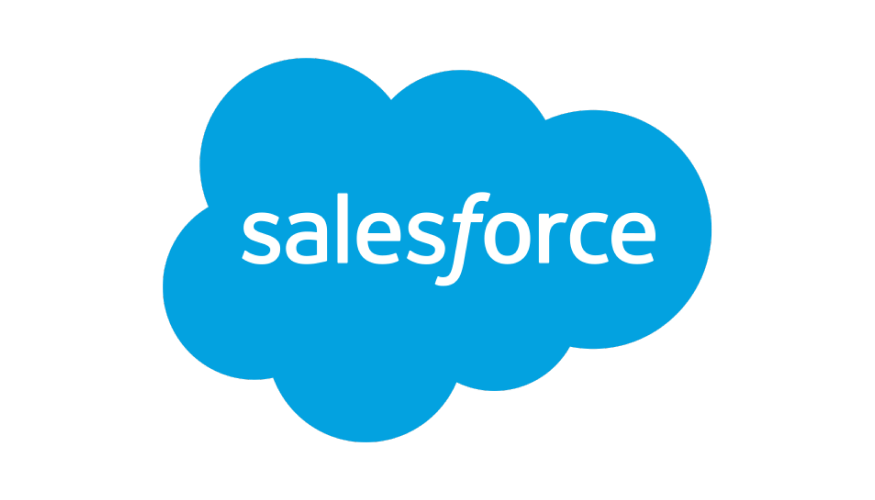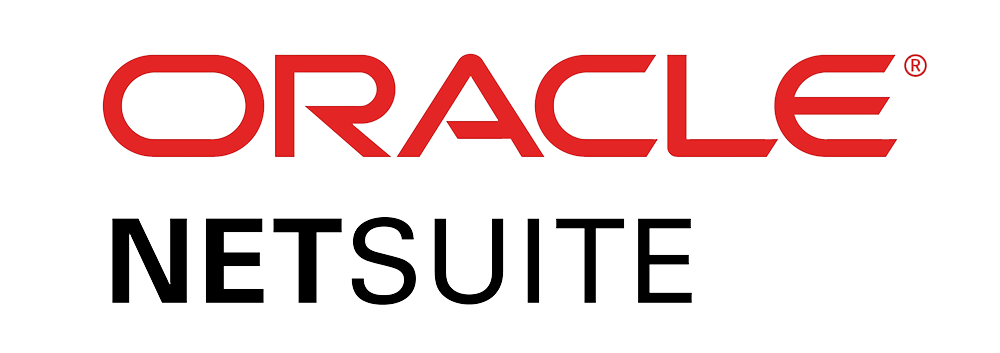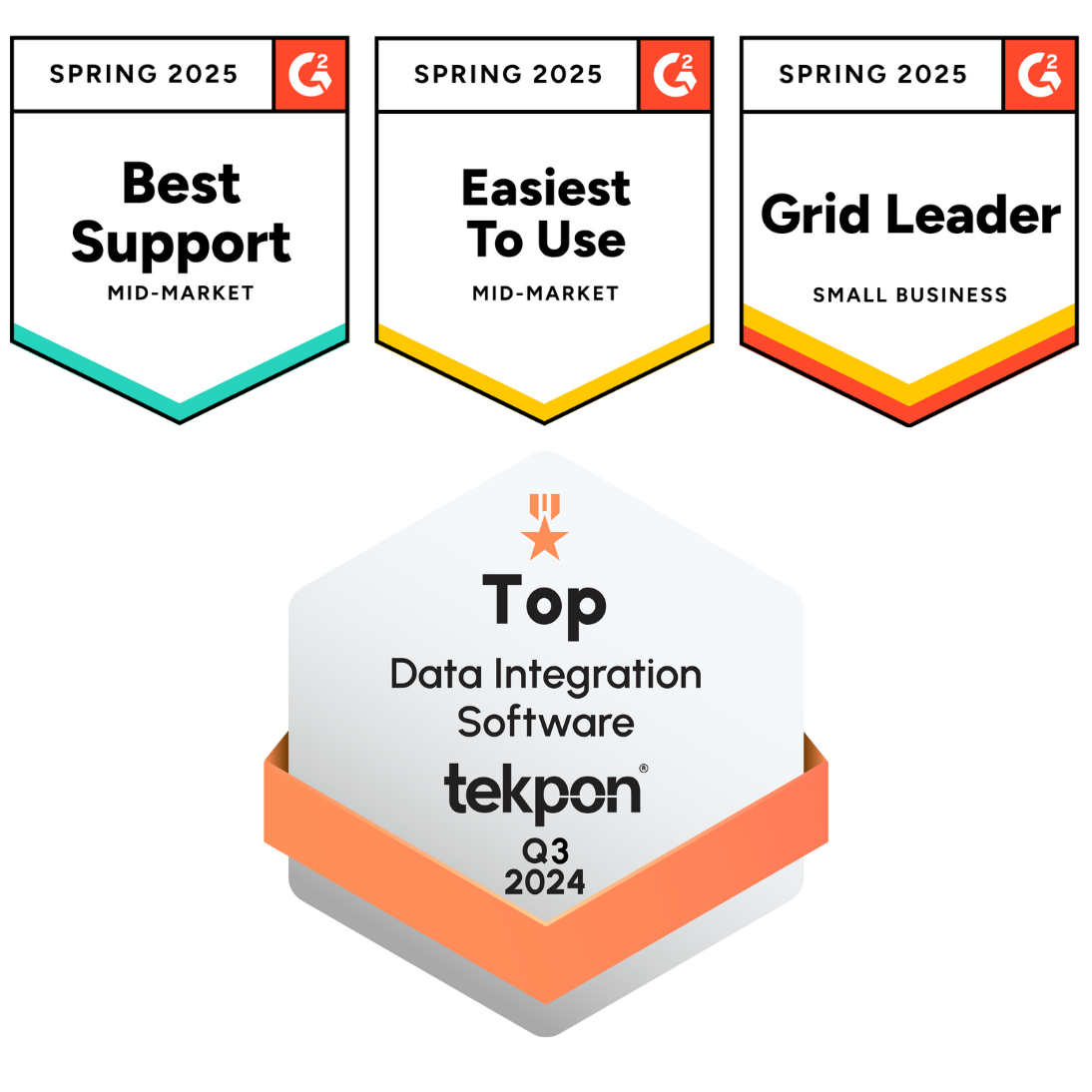How AE Global East Unified Salesforce with Distribution One and NetSuite Using DCKAP Integrator




About AE Global
AE Global is a full-service provider for packaging, cargo, warehouse, security, and janitorial supplies with a strong reputation for putting customers first. As leaders in the green movement, they’ve continued to grow their lineup of biodegradable and eco-friendly packaging options.
Salesforce was already bringing them value towards ensuring great customer experiences. What they needed next was a way to bring together data from their ERP systems into Salesforce, so their teams could work smarter and speed-up response times.
Why Integration Was a Priority
The team was rolling out Salesforce across the organisation to equip sales reps with a robust, mobile-friendly platform. Their goal was simple: to empower the reps to place orders, manage customer relationships, and access data on the go, something their ERP alone couldn’t support efficiently.
But while Salesforce was becoming the central hub, the ERP systems were working separately. Distribution One would continue to remain the core for finance, fulfillment, inventory, and product management. NetSuite was also in use by another business entity under the same umbrella.
So they needed a way to bring it all together.
The Integration Strategy

With Salesforce at the heart of operations, the task at hand was to unify data from two separate ERPs: Distribution One and NetSuite and sync it seamlessly into Salesforce.
For Distribution One, the DCKAP Integrator team built a direct integration pipeline. This allowed the syncing of over 7,000 customer records, 30,000+ order and invoice records, and ongoing updates, all flowing in batches.
NetSuite required a different approach. Rather than relying on direct API access, the team implemented a scheduled data flow via FTP. Here’s how it works:
- NetSuite order and invoice data is exported to an FTP folder in CSV format on a set schedule.
- DCKAP Integrator picks up this data in batches, processes it, and pushes it into Salesforce.
- This ensures both systems are aligned and Salesforce remains the single source of truth for the sales team.
This approach kept the process simple, secure, and reliable, no additional complexity for their internal systems, and no compromise on data quality.
AE Global Integration Story
Integration Pipeline
To bring all their ERP data under one roof, AE Global needed two streamlined pipelines: one directly from Distribution One, and the other from NetSuite via FTP. Each flow served a clear purpose in helping their team improve customer service and visibility across departments.
1. Direct Integration: Salesforce and Distribution One
Most of AE Global core business operations run through Distribution One. So, syncing this data with Salesforce meant the sales and customer service teams could finally work with real-time, unified insights.
Here’s how the data flows were structured:
- Product Costs (D1 → Salesforce):
Product cost data from Distribution One is synced with Salesforce every few minutes. This ensures teams always have access to the latest pricing when quoting or reviewing orders. - Customer Sync – Create (D1 → Salesforce):
Every new customer created in Distribution One is automatically added to Salesforce. This keeps the CRM updated without any manual entry. - Customer Sync – Update (Salesforce → D1):
Whenever customer information is updated in Salesforce (like contact info or billing details), those changes are synced back into Distribution One. This two-way flow ensures both systems stay in sync. - Orders (D1 → Salesforce):
Customer orders entered in Distribution One are sent over to Salesforce on a scheduled basis. This gives sales reps and support teams complete visibility into order status without switching systems. - Ship-To Addresses (D1 → Salesforce):
Any updates to shipping addresses in Distribution One are pushed into Salesforce. This helps avoid delivery issues and supports accurate communication with customers.
2. Salesforce Integration with NetSuite Through FTP
Most of AE Global core business operations run through Distribution One. So, syncing this data with Salesforce meant the sales and customer service teams could finally work with real-time, unified insights.
Unlike with Distribution One, the team accessed AE Global NetSuite data through an FTP server. So, they set up a smart workaround using scheduled CSV transfers through a secure FTP folder. Here’s what this looked like:
- Open Orders (FTP → Salesforce):
NetSuite-generated open orders are placed into an FTP folder. From there, the Integrator picks them up every few hours and sends them into Salesforce. This helps sales reps keep tabs on pending orders and act quickly if needed. - Invoices (FTP → Salesforce):
Invoices from NetSuite are downloaded to the same FTP location and then synced to Salesforce. This helps the finance and customer support teams access payment details in one place. The sync can be manual or automated, depending on how frequently updates are needed. - Delete Open Orders (FTP → Salesforce):
When orders are cancelled or no longer valid, they are removed from Salesforce. This ensures the system reflects only active data, helping avoid confusion for both internal teams and customers.
The Impact
The results, while still early in implementation, are already tangible.
Nathaniel Bullock, Salesforce Admin, mentions how much time the sales reps are saving now that they can access customer and product data directly in Salesforce.
It’s not just about convenience. The team is inching closer to their larger goal, a unified customer view. A single screen where each rep can see everything they need to know about a customer, backed by accurate, real-time ERP data.
Final Words
AE Global uses Distribution One, a niche ERP designed for the distribution industry, not something most integration platforms are built to handle. But with DCKAP Integrator, they found exactly the kind of experience they needed.
If your business is also juggling multiple systems, trying to unify your data, or looking for a more streamlined way to empower your sales team, we’re here to help.
Book a quick demo with our team and we’ll show you how DCKAP Integrator can work for your ERP, CRM, or any other system you rely on.
Let’s make your integrations effortless.

